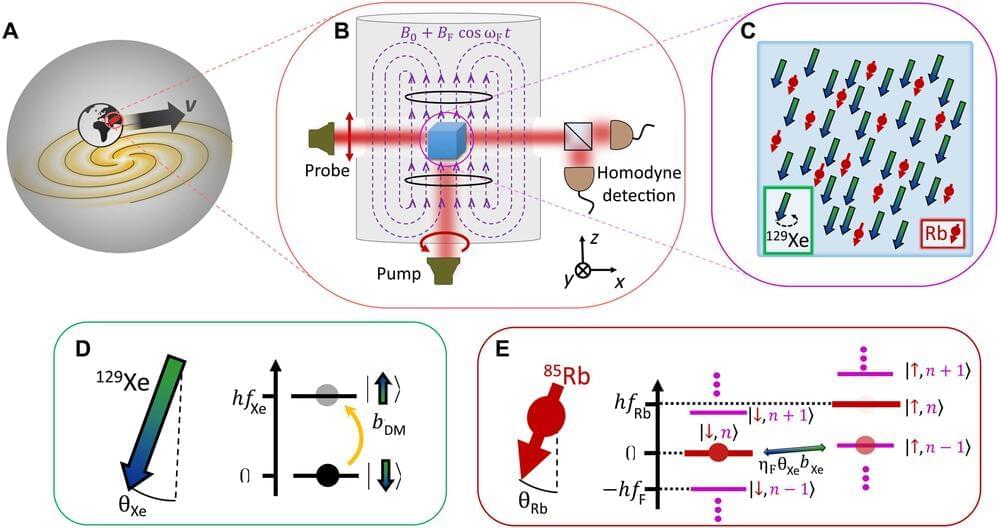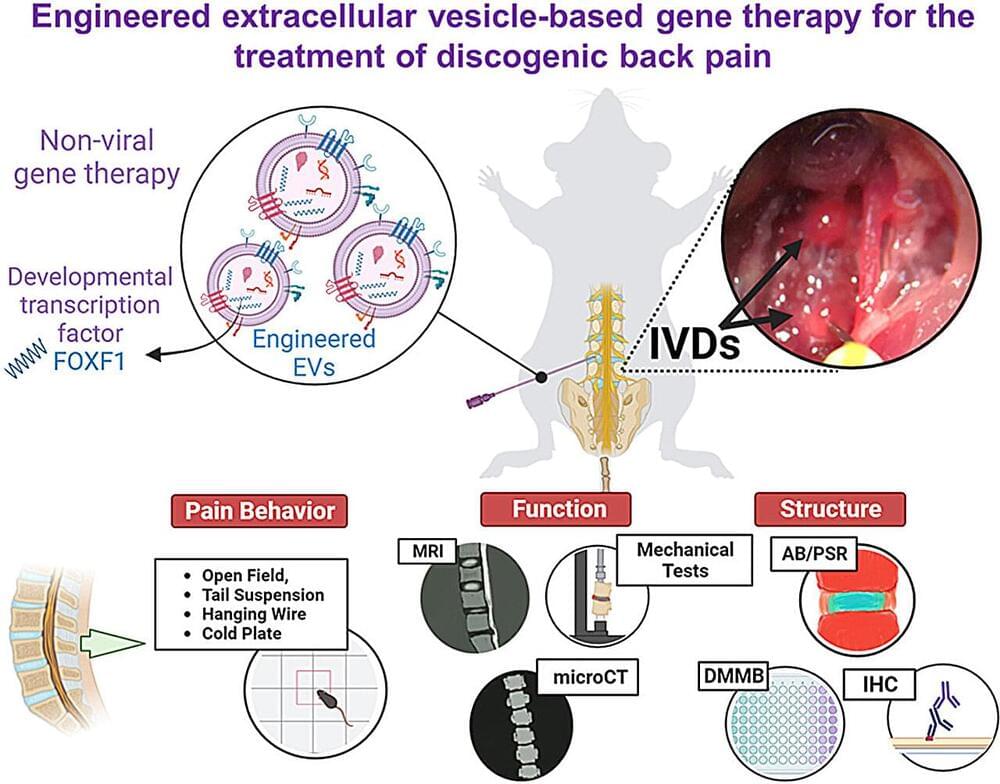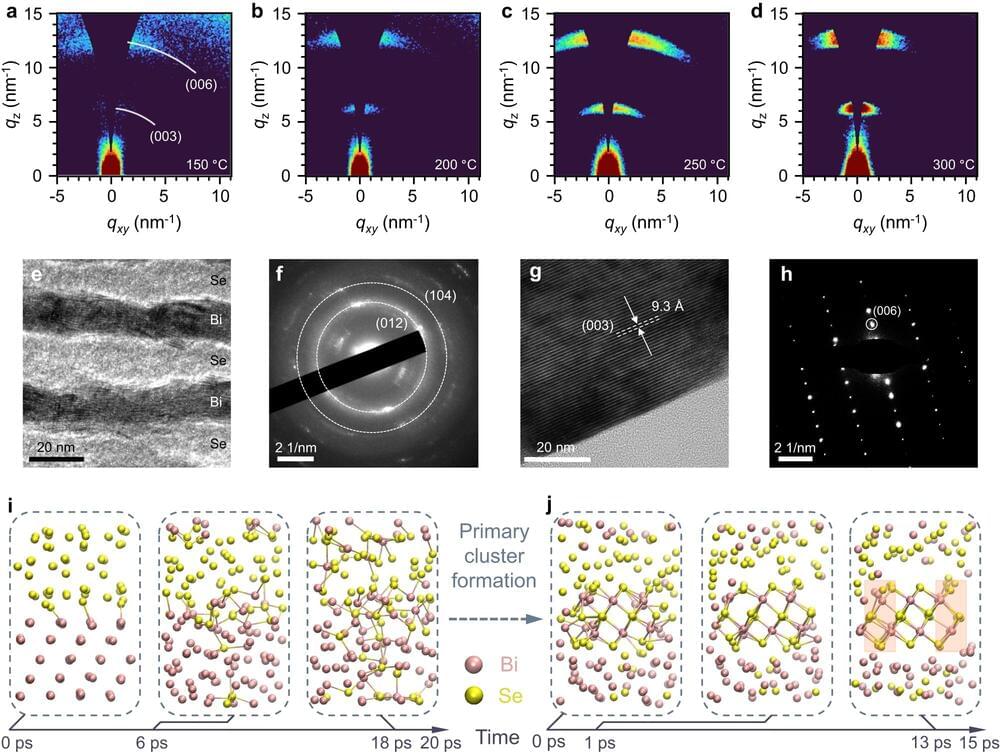Spur uses computer vision to help companies monitor and predict how a wind farm will impact a local bird population.


In episode 267 of the Stem Cell Podcast, we chat with Dr. Shankar Srinivas, a Professor of Developmental Biology in the Department of Physiology Anatomy and Genetics based in the Institute for Developmental and Regenerative Medicine at the University of Oxford. He is also a Zeitlyn Fellow and Tutor in Medicine at Jesus College. Using mouse and human embryos as model systems, his group looks at the control of patterning and morphogenesis during the establishment of the anterior-posterior axis, gastrulation, and early cardiogenesis. He discusses how tissues respond to forces during early development, characterizing cardiac progenitors, and training internationally.
Roundup Papers:
2:26 https://bit.ly/3yeD3ms.
7:14 https://bit.ly/4dKJ7nd.
19:06 https://go.nature.com/3V2SNSo.
27:10 https://go.nature.com/4dnC43H
38:40 Guest Interview.
#Cardiogenesis #DevelopmentalBiology.
Listen on Apple Podcasts: https://apple.co/2T8BhPA
Listen on Stitcher: https://bit.ly/3hGwsGA
Listen on Spotify: https://spoti.fi/3xFdENP
Official Website: https://stemcellpodcast.com/

A research team has, for the first time, realized the quantum amplification of an extremely weak magnetic field by using dark spin, with the magnetic field magnification exceeding a factor of 5,000 and the single magnetic field measurement accuracy reaching 0.1fT level. The study is published in Proceedings of the National Academy of Sciences.

A team of researchers affiliated with several institutions in Israel has used a Floquet quantum detector to constrain axion-like dark matter, hoping to reduce its parameter space. In their paper published in the journal Science Advances, the group describes their approach to constraining the theoretical dark matter particle as a means to learning more about its properties.
Despite several years of effort by physicists around the world, dark matter remains a mystery. Most physicists agree that it exists, but thus far, no one has been able to prove it. One promising theory involving the existence of interacting massive particles has begun to lose its luster, and some teams are looking for something else. In this new effort, the researchers seek axions, or axion-like particles. Such dark matter particles have been theorized to be zero-spin and able to possess any number of combinations of mass and interaction strength. The team sought to constrain the features of axion-like particles to reduce the number of possibilities of their existence and thereby increase the chances of proving their existence.
The researchers used a shielded glass cell filled with rubidium-85 and xenon-129 atoms. They fired two lasers at the cell—one to polarize the rubidium atoms’ electronic spin and the xenon’s nuclear spin, and the other to measure spin changes. The experiment was based on the idea that the oscillating field of the axions would impact on the xenon’s spin when they are close in proximity. The researchers then applied a magnetic field to the cell as a means of blocking the spin of the xenon to within a narrow range of frequencies, allowing them to scan the possible oscillation frequencies that correspond to the range of the axion-like particles. Under this scenario, the Floquet field is theorized to have a frequency roughly equal to the difference between the nuclear magnetic resonance (NMR) and the electron paramagnetic resonance, and their experiment closes that gap.

Oscar Wilde once said that sarcasm was the lowest form of wit, but the highest form of intelligence. Perhaps that is due to how difficult it is to use and understand. Sarcasm is notoriously tricky to convey through text—even in person, it can be easily misinterpreted. The subtle changes in tone that convey sarcasm often confuse computer algorithms as well, limiting virtual assistants and content analysis tools.

Computer science researchers at the University of Central Florida have developed a sarcasm detector.
Social media has become a dominant form of communication for individuals, and for companies looking to market and sell their products and services. Properly understanding and responding to customer feedback on Twitter, Facebook and other social media platforms is critical for success, but it is incredibly labor intensive.
That’s where sentiment analysis comes in. The term refers to the automated process of identifying the emotion—either positive, negative or neutral—associated with text. While artificial intelligence refers to logical data analysis and response, sentiment analysis is akin to correctly identifying emotional communication. A UCF team developed a technique that accurately detects sarcasm in social media text.

Semiconductors are the foundation of all modern electronics. Now, researchers at Linköping University, Sweden, have developed a new method where organic semiconductors can become more conductive with the help of air as a dopant. The study, published in the journal Nature, is a significant step towards future cheap and sustainable organic semiconductors.



To overcome these obstacles, the research team developed a novel pulse irradiation synthesis method that achieves both a low processing temperature and an ultra-short reaction time, surpassing the capabilities of conventional techniques.
With the new method for preparing metal sulfide thin films at low temperatures, these detectors can now achieve higher performance on suitable flexible substrates. This creates exciting possibilities for thermal imaging applications in security monitoring, fire detection, military surveillance, and other fields.
Additionally, the photothermoelectric effect allows for the conversion of invisible infrared light into electrical signals, paving the way for applications in high-speed communications and optical signal processing.